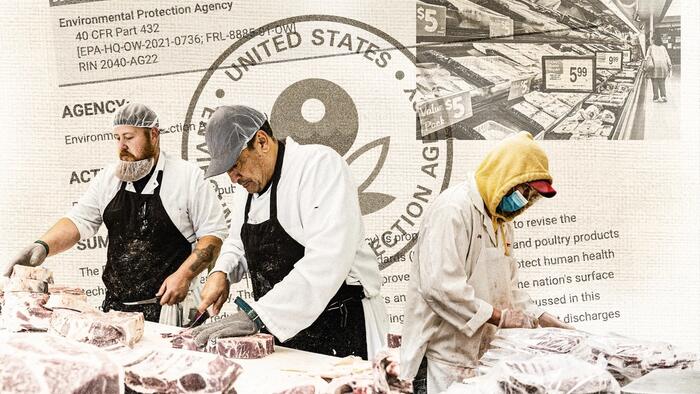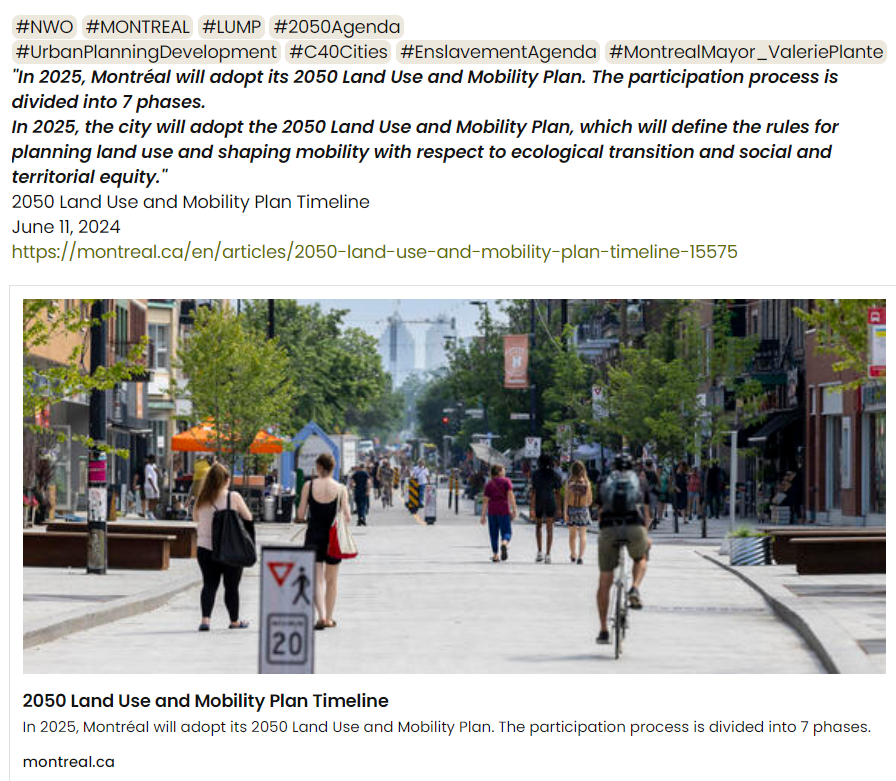We cannot get Robert F. Kennedy Jr. here working with President Trump fast enough . . .
Not all caffeine presents itself the same, according to emerging research demonstrating that synthetic caffeine may accelerate aging while naturally occurring caffeine could slow age-related decline.
The type of caffeine in your coffee may play a role in its protective effect against aging.
About 60 percent of the caffeine consumed by Americans is synthesized in a lab, meaning it doesn’t come from natural sources such as coffee beans or tea plants. Synthetic caffeine is what popular companies such as Pepsi, Coke, and Red Bull add to their beverages to give their drinks an extra kick.
In a 2017 study published in Nutrition & Metabolism, higher caffeine intake was associated with shorter telomeres, a marker of cellular aging, in adults. However, increased coffee consumption was linked to longer telomeres. This suggests that compounds beyond caffeine may provide anti-aging effects.
“On the surface, it might be assumed that caffeine intake and coffee consumption are essentially the same variable,” the researchers wrote. “They are not.”
https://www.zerohedge.com/medical/synthetic-versus-natural-caffeine-and-how-each-may-affect-aging
Not all caffeine presents itself the same, according to emerging research demonstrating that synthetic caffeine may accelerate aging while naturally occurring caffeine could slow age-related decline.
The type of caffeine in your coffee may play a role in its protective effect against aging.
About 60 percent of the caffeine consumed by Americans is synthesized in a lab, meaning it doesn’t come from natural sources such as coffee beans or tea plants. Synthetic caffeine is what popular companies such as Pepsi, Coke, and Red Bull add to their beverages to give their drinks an extra kick.
In a 2017 study published in Nutrition & Metabolism, higher caffeine intake was associated with shorter telomeres, a marker of cellular aging, in adults. However, increased coffee consumption was linked to longer telomeres. This suggests that compounds beyond caffeine may provide anti-aging effects.
“On the surface, it might be assumed that caffeine intake and coffee consumption are essentially the same variable,” the researchers wrote. “They are not.”
https://www.zerohedge.com/medical/synthetic-versus-natural-caffeine-and-how-each-may-affect-aging
We cannot get Robert F. Kennedy Jr. here working with President Trump fast enough . . .
Not all caffeine presents itself the same, according to emerging research demonstrating that synthetic caffeine may accelerate aging while naturally occurring caffeine could slow age-related decline.
The type of caffeine in your coffee may play a role in its protective effect against aging.
About 60 percent of the caffeine consumed by Americans is synthesized in a lab, meaning it doesn’t come from natural sources such as coffee beans or tea plants. Synthetic caffeine is what popular companies such as Pepsi, Coke, and Red Bull add to their beverages to give their drinks an extra kick.
In a 2017 study published in Nutrition & Metabolism, higher caffeine intake was associated with shorter telomeres, a marker of cellular aging, in adults. However, increased coffee consumption was linked to longer telomeres. This suggests that compounds beyond caffeine may provide anti-aging effects.
“On the surface, it might be assumed that caffeine intake and coffee consumption are essentially the same variable,” the researchers wrote. “They are not.”
https://www.zerohedge.com/medical/synthetic-versus-natural-caffeine-and-how-each-may-affect-aging
0 Commentarii
0 Distribuiri
152 Views
0 previzualizare











